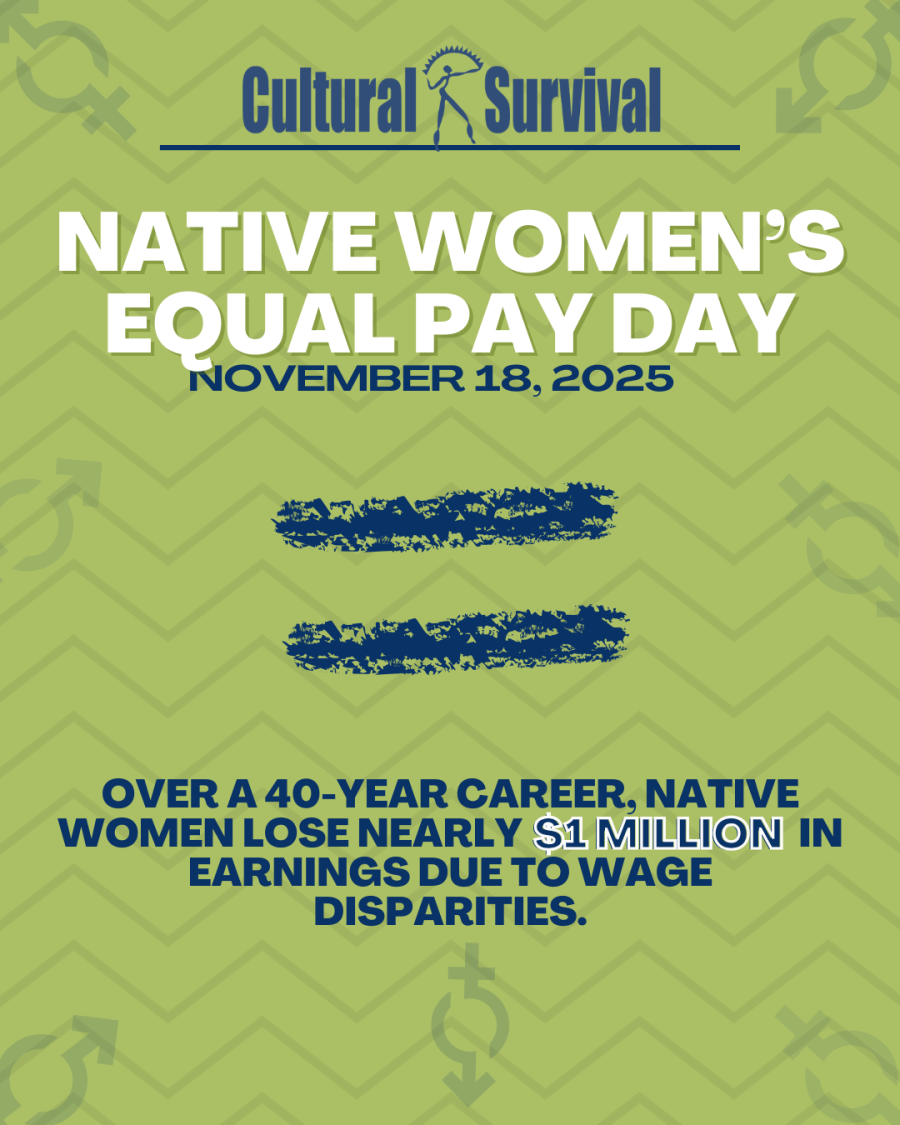Robbins, the US manufacturer of Dalcon Shields, has been plagued by litigation surrounding this contraceptive device. In an attempt to redirect marketing efforts towards another product, Robbins is currently promoting Robitussin, a cough preparation. Today nearly eight percent of Robbin's gross sales come from the sale of Robitussin. Sales are increasing 30 percent per year. However, in 1976 a Food and Drug Administration (FDA) appointed panel reported that guaifenesia the actively ingredient of Robitussin, may not "be effective in clearing the respiratory tract of mucus, its intended function as an expectorant". Robbins, and other manufacturers, now fear that the FDA will require companies to prove that such preparations do in fact aid their users.
The FDA's nine year old review has focused on the safety and efficacy of 700 drug ingredients that are used in about 300,000 products. In addition to reviewing over the counter cough and cold preparations, the FDA panels have studied 26 other categories including laxatives, antacids, analgesics, and sun screens. To date, antacids and antiflatulants are the only major categories that have been the subject of a final ruling. Such a ruling specifies which ingredients can be used in such products, the strengths and combinations that are allowed, and the kinds of claims that can be made about their efficacy.
Recent Reagan Administration cutbacks may make it difficult to review the other major categories of drugs. Further, under this Administration, the task is not perceived as a high priority for the FDA. Wolfe, Coley and the Health Research Institute, in Pills That Don't Work, estimate that,
One out of every eight prescriptions filled - 169 million prescriptions costing over $1.1 billion in 1979 - is for a drug not considered effective by the government's own standards. Since all drugs involve risks, this lack of effectiveness means you are exposing yourself to dangers without gaining compensatory benefits (1981-1).
In Pills That Don't Work, 607 ineffective drugs are identified. If the FDA moves forward with its evaluation of ineffective drugs, they could all be removed from the market. If recent history can provide any lessons, we can expect that the surplus stocks of these drugs will end up in the Third World unless more stringent regulations are put into effect.
In the meantime, how many ineffective drugs already compete in the Third World for the scarce resources of governments and individuals?
Article copyright Cultural Survival, Inc.



